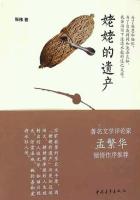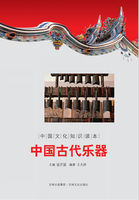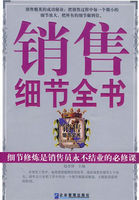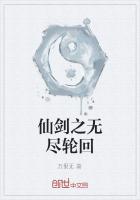From the very first act the verses are worthy of Virgil, and the sentiments worthy of Cato.There is no theatre in Europe where the scene of Juba and Syphax was not applauded as a masterpiece of skill, of well-developed characters, of fine contrasts, and of pure and noble diction.Literary Europe, which knows the translations of this piece, applauded even to the philosophic traits with which the role of Cato is filled.
The piece had the great success which its beauty of detail merited, and which was assured to it by the troubles in England to which this tragedy was in more than one place a striking allusion.But the appositeness of these allusions having passed, the verse being only beautiful, the maxims being only noble and just, and the piece being cold, people no longer felt anything more than the coldness.Nothing is more beautiful than Virgil's second canto; recite it on the stage, it will bore: on the stage one must have passion, live dialogue, action.People soon returned to Shakespeare's uncouth but captivating aberrations.Philosophical Dictionary: Envy ENVY ONE knows well enough what antiquity has said of this shameful passion, and what the moderns have repeated.Hesiod is the first classic author who speaks of it."The potter is envious of the potter, the artisan of the artisan, the poor man even of the poor man, the musician of the musician (or if one would give another sense to the word Aoidos ) the poet of the poet."Long before Hesiod, Job had said: " Envy slayeth the silly one" (Job.
chap.v.verse 2).
I think that Mandeville, author of the " Fable of the Bees," was the first to try to prove that envy is a very good thing, a very useful passion.
His first reason is that envy is as natural to man as hunger and thirst;that it can be found in children, as well as in horses and dogs.Do you want your children to hate each other, kiss one more than the other; the secret is infallible.
He maintains that the first thing that two young women meeting each other do is to cast about for what is ridiculous in each other, and the second to flatter each other.
He believes that without envy the arts would be indifferently cultivated, and that Raphael would not have been a great painter if he had not been jealous of Michael Angelo.
Mandeville has taken emulation for envy, maybe; maybe, also, emulation is only envy kept within the bounds of decency.
Michael Angelo might say to Raphael: " Your envy has only led you to work still better than me; you have not decried me, you have not intrigued against me with the Pope, you have not tried to have me excommunicated for having put cripples and one-eyed men in paradise, and succulent cardinals with beautiful women naked as your hand in hell, in my picture of the last judgment.Your envy is very praiseworthy; you are a fine envious fellow;let us be good friends."
But if the envious man is a wretch without talent, jealous of merit as beggars are of the rich; if, pressed by the indigence as by the turpitude of his character he writes you some " News from Parnassus," some " Letters of Madame la Comtesse," some " Annees Litteraires," this animal displays an envy that is good for nothing, and for which Mandeville could never make an apology.
One asks why the ancients thought that the eye of the envious man bewitched those who looked at it.It is the envious, rather, who are bewitched.
Descartes says: " That envy impels the yellow bile which comes from the lower part of the liver, and the black bile which comes from the spleen, which is diffused from the heart through the arteries, etc." But as no kind of bile is formed in the spleen, Descartes, by speaking thus, does not seem to merit too much that his natural philosophy should be envied.
A certain Voet or Voetius, a theological scamp, who accused Descartes of atheism, was very ill with the black bile; but he knew still less than Descartes how his detestable bile was diffused in his blood.
Madame Pernelle is right: " The envious will die, but envy never." (Tartufe, Act v, Scene iii.)But it is good proverb which says that "it is better to be envious than to have pity." Let us be envious, therefore, as hard as we can.















